Overnight Charging Myth Busted: Is It Bad for Your Phone?
Our smartphones are lifelines, keeping us connected, informed, and entertained. But with all that power comes a nagging concern: How do we keep them charged and healthy? One question in particular has plagued phone users for years: Is it safe to charge your phone overnight?
This blog cuts through the confusion and dives deep into the world of phone batteries. We'll explore common myths surrounding overnight charging, offer insights on maximizing battery lifespan, and provide guidance on charging practices for iPhone and Android users. So, whether you're a die-hard night owl or an early bird, you'll learn to keep your phone powered up without sacrificing battery health.
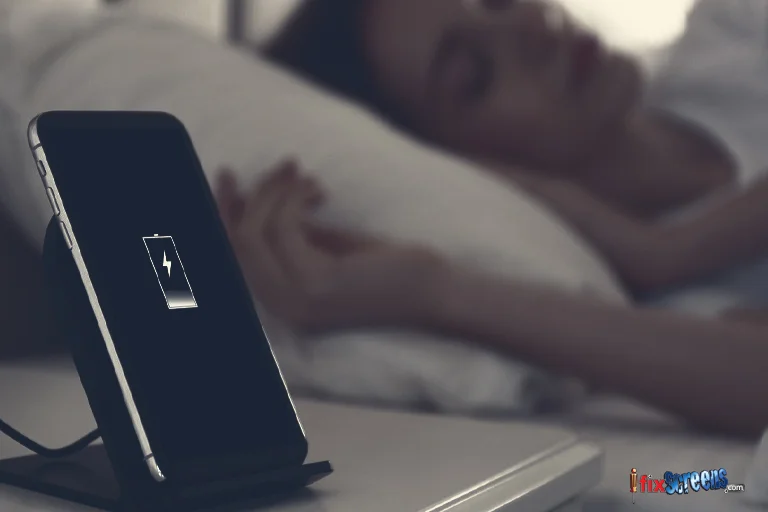
Key Takeaways
- Overnight charging is generally safe for modern phones with lithium-ion batteries. They have built-in protection to stop charging at 100%.
- Battery health is more impacted by factors like heat exposure and total charge cycles.
- Keep your phone charged between 20% and 80% for optimal battery life.
- Avoid extreme temperatures while charging.
- Use quality chargers and avoid constantly topping off your phone to 100%.
- Consider optimized charging features and smart charging practices like regular charging and avoiding full discharges.
- Overnight charging itself isn't the enemy, but certain practices like constantly topping off the battery can be.
Myth 1: Overcharging Your Phone Overnight Damages the Battery
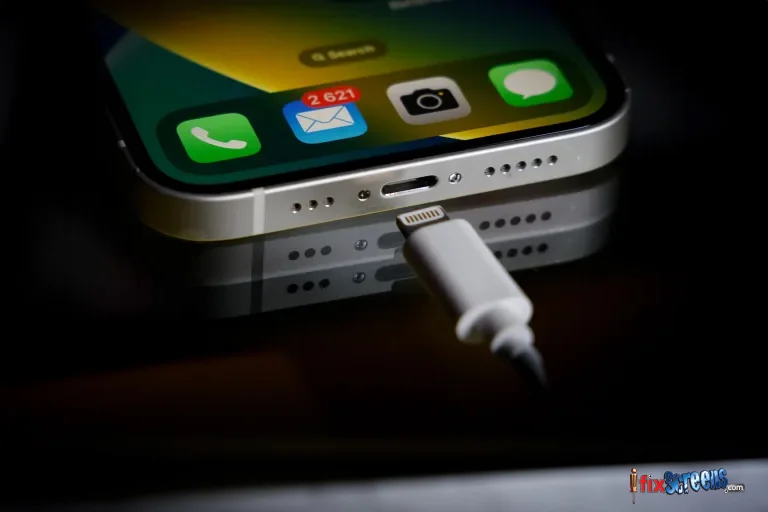
One of the most prevalent myths is that leaving your phone plugged in overnight will lead to overcharging, thus damaging the battery. The good news is that this is essentially a myth. Modern smartphones have equipped protection circuits that halt the charging process once the battery reaches 100%. This technology ensures that your phone doesn't continuously receive charge and thus prevents overcharging.
Understanding Battery Technology
To fully appreciate why overnight charging isn't harmful, it's essential to understand a bit about the lithium-ion batteries that power our smartphones. These batteries have a specific number of charge cycles – typically around 300 to 500 complete cycles – after which their capacity degrades.
A charge cycle is defined as using up 100% of the battery's capacity, but not necessarily all at once. For instance, using 50% of the battery one day and recharging it, then using another 50% the next day and recharging it again would count as one complete cycle.
Myth 2: Charging Overnight Reduces Battery Lifespan
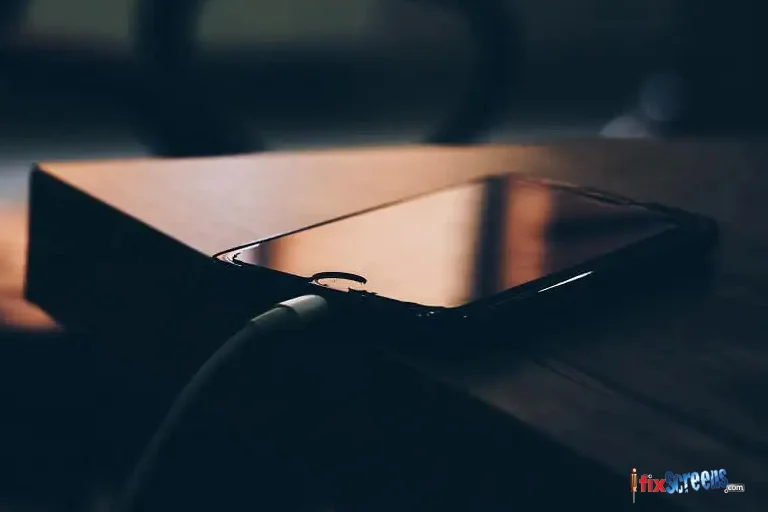
Another common concern is that charging a phone overnight will reduce its lifespan. While it's true that lithium-ion batteries do degrade over time, the impact of overnight charging is minimal compared to other factors, such as exposure to high temperatures and the total number of charge cycles. Modern smartphones are designed to handle daily charging, including being plugged in overnight.
Heat: The Real Enemy of Batteries
Heat is a significant factor in battery degradation. Charging generates heat, and excessive heat can cause long-term damage to the battery. However, most modern smartphones have thermal management systems to prevent overheating. To further protect your phone, it's advisable to remove any heavy cases during charging, avoid charging in direct sunlight, and keep your phone in a cool, dry place.
Tips for Prolonging Battery Life
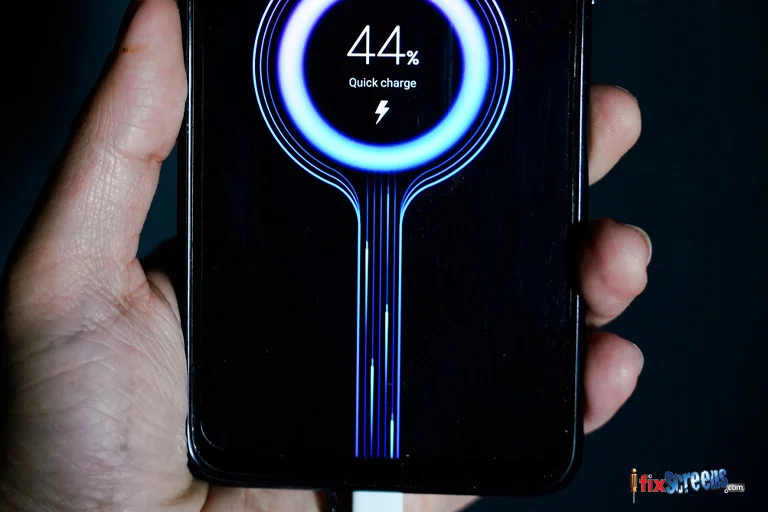
- Keep Charge Between 20% and 80%: For optimal battery health, keep your phone's charge level between 20% and 80%. This helps reduce the strain on the battery and prolongs its lifespan.
- Avoid Extreme Temperatures: Batteries perform best in moderate temperatures. Extreme heat or cold can significantly affect battery performance and longevity.
- Use Quality Chargers: Always use chargers from reputable brands or the ones provided with your device. Cheap, off-brand chargers can deliver inconsistent power and harm your battery.
Myth 3: Trickle Charging Is Harmful
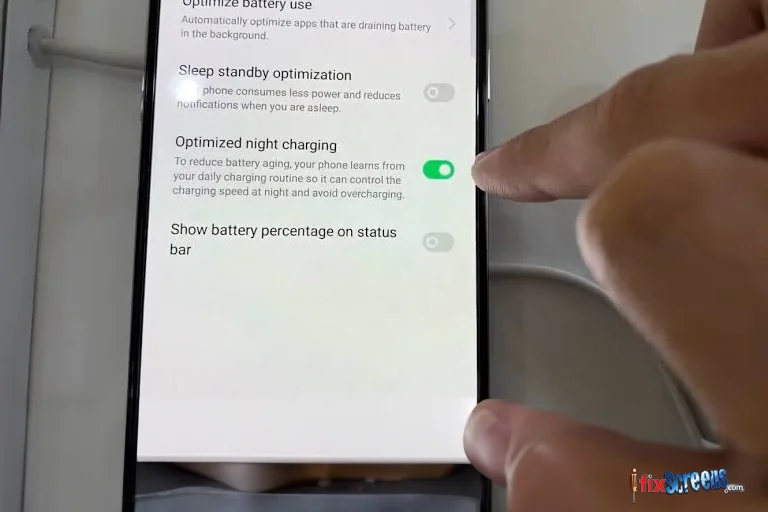
Trickle charging is a process where the charger provides just enough power to keep the battery at 100% without overcharging it. Many modern smartphones use this technique to maintain the battery's full charge overnight. This method is designed to prevent battery wear and is not harmful. It helps ensure your phone is fully charged and ready to use when you wake up.
Optimized Charging Features
Many smartphones now have optimized charging features that learn your daily charging habits and adjust the charging speed accordingly. For example, if you regularly charge your phone overnight, the device might charge up to 80% quickly and then slow down the charging process, reaching 100% just before you wake up. This feature helps reduce the battery's time by 100%, thereby minimizing battery wear.
Myth 4: Frequent Charging Damages the Battery
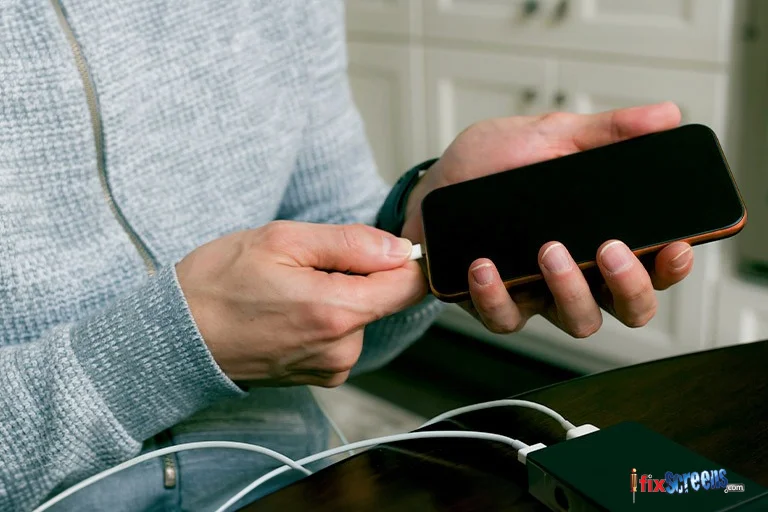
There's a belief that charging your phone multiple times daily can damage the battery. In reality, modern lithium-ion batteries are designed to handle frequent charging. The key is to avoid letting the battery drop to 0% or stay at 100% for prolonged periods. Regular, partial charging is better for battery health than letting it drain completely before recharging.
Smart Charging Practices
To get the most out of your smartphone battery, consider these intelligent charging practices:
- Charge Regularly: Instead of waiting for the battery to drain completely, charge your phone whenever it's convenient, even if it's just for a short period.
- Avoid Full Discharges: Do not frequently let your battery level drop below 20%. Lithium-ion batteries do not have the memory effect, so frequent partial charges are better.
- Unplug After Full Charge: If your phone doesn't have optimized charging, it's a good idea to unplug it once it reaches 100%.
Final Thoughts: Charging Overnight Is Generally Safe
By understanding the facts about phone batteries, you can make informed decisions about charging habits and maximize battery life. Remember, overnight charging itself isn't the enemy, but certain practices can be. Avoid constantly topping off your phone to 100%, opt for a lower-voltage charger for overnight sessions, and ditch the fancy case if it traps heat.
While some phone batteries last longer than others (remember the infamous Samsung Galaxy Note 7!), proper care goes a long way. So, ditch the anxiety, and charge on with confidence! Even if your phone doesn't support fast charging, there are ways to optimize battery health. After all, the last thing you want is another thing that'll strain the battery.
Now, go forth and conquer the day (or night) with a fully charged phone! Just remember, constantly trickling the battery by topping it off to 100% all the time is eating into your phone's lifespan. If you're worried, consider using a smart plug on a schedule to turn off power to the charger at night. That's not much of a hassle for a healthier battery!
FAQ's
Q. Is it true that charging your phone overnight is bad for the battery?
A. Charging your phone overnight has been a long-standing myth in the tech world. However, modern phone batteries, especially those using lithium-ion technology, are designed to stop charging once they reach total capacity. So, leaving your phone plugged in overnight does not harm the battery life.
Q. Can leaving your phone plugged in overnight reduce its battery capacity?
A. Contrary to popular belief, leaving your phone plugged in overnight will not cause it to lose half its battery capacity. Modern telephones have innovative charging technology that prevents overcharging, making sure the battery remains in good condition.
Q. Does overnight charging damage a phone's battery?
A. Leaving your phone plugged in overnight does not damage the battery. The myth that charging your phone overnight is harmful is unfounded, as modern phones are built to intelligently manage their battery charging.
Q. Is it safe to put your phone under your pillow while charging overnight?
A. It is not advisable to put your phone under your pillow while charging overnight. To prevent overheating, ensure your phone is placed on a flat, hard surface while charging.
Q. Can overnight charging extend the battery life of your phone?
A. Contrary to the myth that charging your phone overnight shortens battery life, overnight charging does not harm the battery and can help maintain the battery's optimal performance over time.